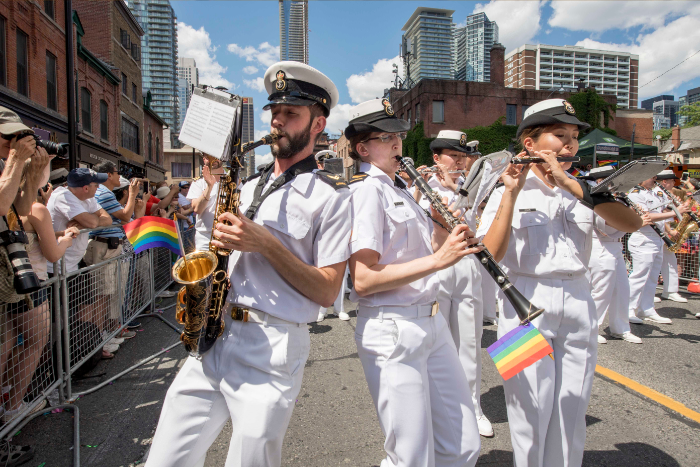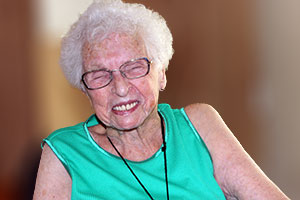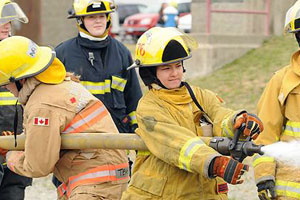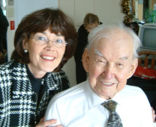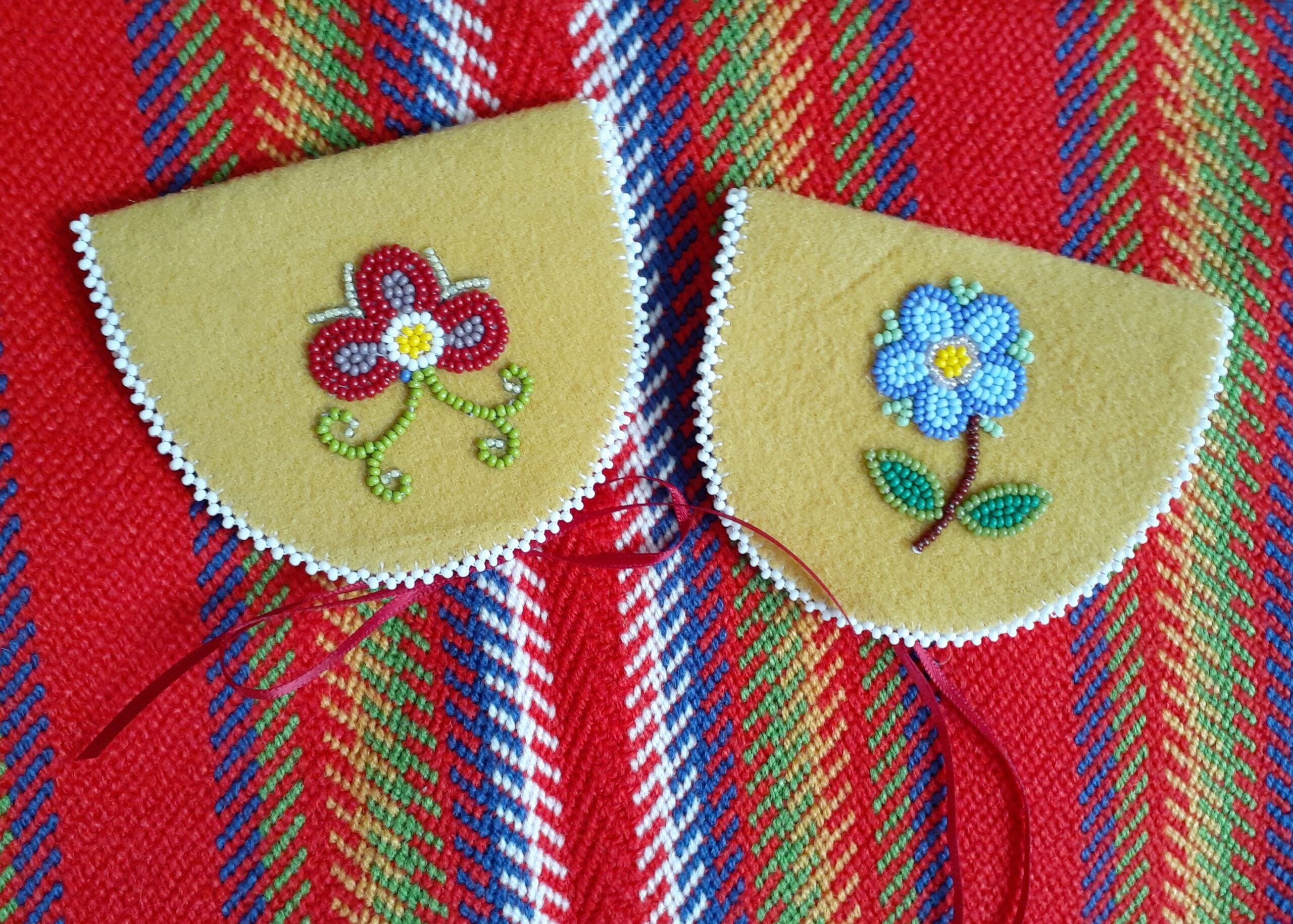
Psycho-Social Ethnography of the Commonplace (P-SEC) Research Group
The P-SEC Research Group is composed of a number of researchers at various stages of their careers. The focus of our research is to investigate the connections between marginalised groups’ life experiences and the organisations that shape their lived realities.
Our members have researched areas such as women working in men-dominated occupations, elderly people living in rural areas, LGBT (lesbian, gay, bisexual, and transgender) soldiers working in the Canadian military, mothers birthing in hospital settings, and single mothers living on social assistance.
We utilise the P-SEC Methodology, which is an interdisciplinary qualitative approach developed by Carmen and Lynne in 2005. It is grounded in feminist standpoint epistemology, institutional ethnography, and schema theory (Gouliquer & Poulin, 2005).
P-SEC News
History of P-SEC
Dr. Carmen Poulin and Dr. Lynne Gouliquer are the cofounders of the P-SEC methodology and research group. They first worked together investigating transition house usage in New Brunswick in the early 90s. Carmen was teaching psychology at the University of New Brunswick and Lynne, a retired soldier with 16 years of service, had started on a second career in sociology.
P-SEC Methodology
The Psycho-Social Ethnography of the Commonplace (P-SEC; Gouliquer & Poulin, 2005) is a feminist qualitative methodology. It was developed to examine the lived experiences of marginalised groups. More specifically, P-SEC allows for the examination of the experience of marginalised groups within particular organisations, whether these are ideological or have a visible material presence.
Our Research
The Purge: LGBT Soldiers and Their Partners
Between 1997 and 2010, we conducted a longitudinal project investigating the experiences of lesbian and gay military members and their partners. Little was known about their stories and experiences, and this research begins to fill this gap in the literature.
2SLGBTQIA+ In The Canadian Military: 25 Years Post Anti-Homosexuality Policy
This study aims to explore what the Canadian Armed Forces is like today for LGBTQIA2S+ soldiers and their families. Do they face discrimination or prejudice in their day to day life? Twenty-five years have passed since CFAO 19-20 was revoked.
Ageing in Rural New Brunswick
The purpose of our study was to examine the care from the perspective of the people receiving it. In this case, we interviewed elderly individuals living in rural New Brunswick. We talked to people from: Cap Pelé, Clair, Connors, Minto, Perth-Andover, Plaster Rock, and Stanley, to name a few.
Life Stories of 90+ Elders
Many believe that soon, we will face serious issues regarding health and care of an aging population (Brink, 2004). In the Canadian population, baby-boomers represent the largest cohort (Statistics Canada, 2007a) and life expectancy has increased.
Women Firefighters
Women constitute a small portion of all the firefighters (approximately 4.4%) in Canada. This is the case whether they are volunteer or career firefighters. Research documenting the unique perspective of this minority of Canadian firefighters is nearly absent in the literature.
Informal Caregivers
The purpose of this research is to examine the experiences of informal caregivers in New Brunswick with a view to contributing to the scholarship in the critical social sciences, and to providing evidence-based recommendations for policy and practice in the province.
Eastern Métis Identity
The histories and identities of Métis are not uniform across Canada (Green, 2011; Rivard, 2017; White & Dyck, 2013), and the histories of the western Métis have been better documented (Andersen, 2014; Friesen & Friesen, 2004; McLean, 1987; Osborne, 2002) than that of the eastern Métis.

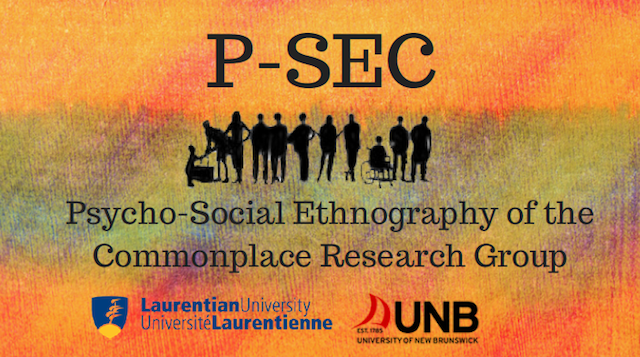







 Read this article in The Conversation on P-SEC’s past and current research with LGBTQ+ members of the Canadian Armed Forces and LGBTQ+ partners of CAF members!
Read this article in The Conversation on P-SEC’s past and current research with LGBTQ+ members of the Canadian Armed Forces and LGBTQ+ partners of CAF members!


 Photo: Nancy Gouliquer
Photo: Nancy Gouliquer
